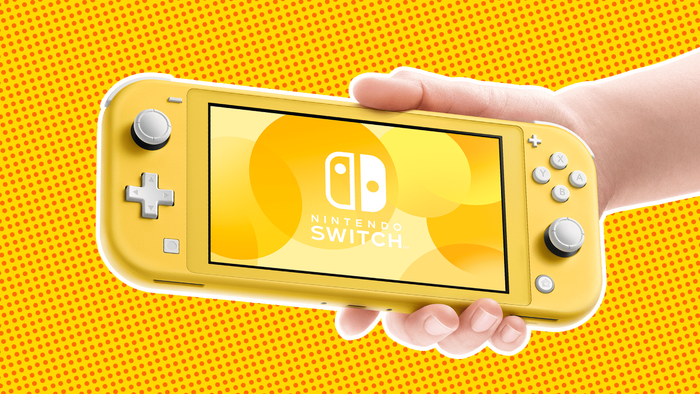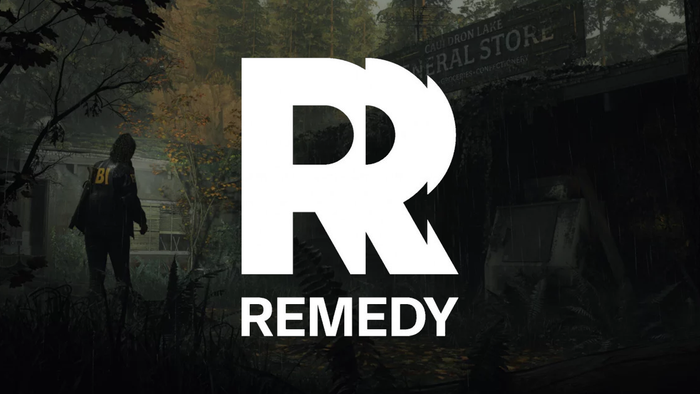
Featured Blog | This community-written post highlights the best of what the game industry has to offer. Read more like it on the Game Developer Blogs.
3 Things Marketing My Indie Game Taught Me
I'm the marketing lead at Black Shell Games. I've had the pleasure of working on several games and I've definitely learned a lot. Here are the three most important lessons I learned that I think everyone should keep in mind when diving into development.

I'm Raghav, CMO at Black Shell Media LLC, and marketing lead at Black Shell Games. I've had the pleasure of working on many games, both internal and for clients, over the past years, and I've definitely learned a lot. Here are the three most important lessons I learned that I think everyone should keep in mind when diving into the world of indie development.
1. PLAYERS DON'T LIKE DEVELOPMENT STUDIOS, THEY LIKE DEVELOPERS.
Five minutes on some online forums will introduce you to a hive mind of hatred towards big companies like EA and Microsoft. Gamers don't like big companies and they certainly don't like anyone that resembles "the man" selling them games. They associate companies and entities with all that's wrong with the world of gaming. They see companies constantly trying to bleed players dry and ruining everything that fans love.
Whenever we tried talking to players or getting the word out using the Black Shell Games name as our representation, people pushed back and we didn't get the kind of engagement we wanted. So I decided to try a new strategy that has had immense success: be a person, not a company. To this day, every single mass email or promotional message I send out doesn't come from Black Shell Games. It comes from Raghav at Black Shell Games, or just Raghav Mathur.
This way, our fans see that there is a human on the other end of the message who's trying to talk to them, as opposed to some "scummy" company yearning to make a sale. We get immense click through rates (almost 50% sometimes) in our mass emails and people engage with us very comfortably. A large part of game development at Black Shell Games is feedback from our users. People will gladly give Raghav some feedback or ideas. Will people reach out to Black Shell Games and do the same? Less likely.
2. PAID ADS AREN'T WORTH IT WHEN YOU CAN DEFY MATH INSTEAD.
Paid ads can be great. They can put you right in front of your audience and position you perfectly to make a huge impact. But in the world of indie gaming, I ask you to think about something. Look back at point 1—people don't like companies. Who puts out paid ads? Companies. Companies that aren't trying to reach out to you, but rather just trying to take your money and put a product in your hands. Indie games rarely become successful because of their paid advertising efforts. It's rarely detrimental, but it's just a huge waste of money. Even on sites like Reddit, where CPM rates can be as low as $0.75, you'll break even at best. My philosophy, as someone who's been marketing games for a while, is to get mathematically impossible ROI. What does that mean?
Consider this ROI equation.
$102/$100 = 1.02 = 102%
I spent $100 on ads and made $102 as a result. Seems OK, right? Wait just one second. Suppose I bill my time at near minimum wage—$10/hour. It took me half an hour to set up the ads, an hour to interact with queries and talk to people who were commenting on the ad, and another half hour to run the analytics. Now my total spend is $100 cash plus $20 labor = $120. Now,
$102/$120 = 0.85 = 85%
I didn't make $2. I've lost money.
What I strive to do at Black Shell Games is ROI that defies math. What the heck am I talking about? Consider this. I have an existing community of followers that I've worked hard to build up over time. I send out one tweet—an action that barely takes a minute and that I wouldn't even bill for—to my fan base, and generate $50 in revenue. Now let's try the ROI equation again!
$50/$0 = ??? :
Uh oh. You can't divide by zero! I made $50 by doing essentially nothing! In the long run, it's much more profitable to spend time and money on growing a community that you can turn into a sale generating fan base, instead of having to constantly spend money to struggle and make a few bucks here and there. It's inconsistent, inconvenient, expensive, and just not worth it. Indie gamers are some of the most passionate, engaged, excitable people I know. If you build up a great fan base, you'll never have to worry about making money or reaching players. They'll all be right by your side.

3. PICTURES SPEAK LOUDER THAN WORDS. SO DO GIFS AND TRAILERS.
Copywriting is a vital skill for marketing buffs. Everyone should take a basic course in writing good copy (or get in touch with Black Shell Media and let us take care of it for you!) to effectively reach and appeal to players. But in today's day and age, where information is visual, clean, and fast, people would much rather look at pictures and other media than read text. Steam store pages focus prominently on pictures and trailers, and push descriptions and feature lists down below all the multimedia.
Don’t spend week after week perfecting your copy down to a T if you could instead spend a few hours culling breathtaking video footage and screenshots that sell your game much better than text does. Even on the App Store and Play Store, the icon and screenshots are stunning for most hit apps, and encourage people to play the game.
Some theorize that society has shorter attention spans nowadays. I just think it’s a simple principle—people like looking at pretty things. Just ask any self-proclaimed pick up artist. Visuals, aesthetics, and outside appeal are what sell products and lead to downloads of your indie game. Players will judge your book by its cover. So make the cover gorgeous.
Keep these three points in mind when you set off to make and market your game, and you'll do just fine. All the best!
Read more about:
Featured BlogsAbout the Author(s)
You May Also Like













